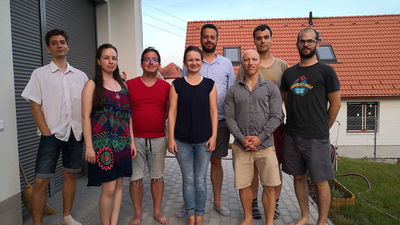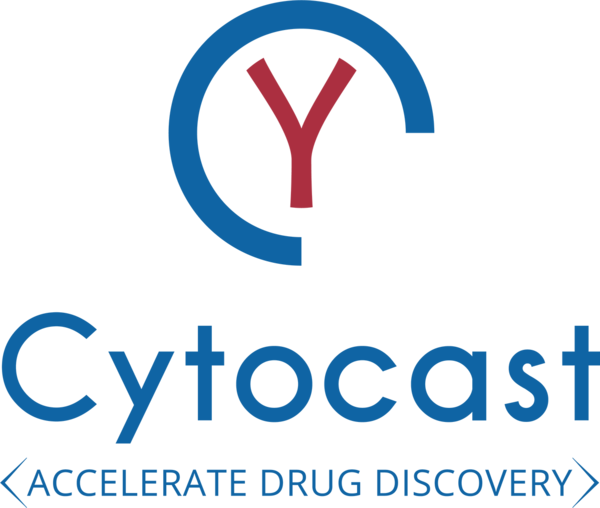
Even during this time of separation, entrepreneurs continue to persist in pushing their businesses closer to success one step at a time. However, remote collaboration isn’t anything particularly new for the IDEA Center, especially since it began work with one of its newer startups based in Europe. Helga Reguly (ESTEEM ‘15), Chief Operating Officer of Cytocast and resident of Hungary, recently completed the first phase of the IDEA Center’s commercialization process. Cytocast is a software platform that will allow pharmaceutical companies to accelerate drug discovery even for diseases that do not have a cure yet.
As a female founder, mother, and current PhD candidate, Helga Reguly has certainly been balancing quite a few things over the past year. After ESTEEM, Reguly returned to Hungary to work for a startup before deciding to pursue a PhD in Cognitive Science at Central European University. With her highly technical background in biological sciences, Reguly is excited by the implications and applications of a company like Cytocast. “Our long-term goal is to take samples from individual patients and simulate an artificial cell reflecting their own unique physiology, and find, or even design, the best personalized treatment.”

Reguly and her team, who are based in Hungary, began working with the IDEA Center a couple of months ago with encouragement from another ESTEEM alumna and IDEA Center staff member, Kunigunda Szentes. Founded only last year in March, Reguly explains that this was an ideal time for Cytocast to undergo the 2-stroke evaluation. “The Commercialization Engine program of the IDEA Center is a wonderful opportunity for a European company to assess the international market potential of their idea. Having an external validation – especially coming from Notre Dame, a globally recognized university – would prove extremely useful while negotiating with investors.”
Since working with Matt Dudevoir, the Alumni and Community Risk Assessment Manager, and Yixuan Li, an IDEA Center student analyst, Reguly shares that she has been challenged to consider things their company hadn’t before. “We are tremendously grateful for the work of our analyst. Some of her questions motivated us to go deeper. At the beginning we were focusing on the European and Australian market, making the first steps towards getting CE marking. Once we started working with the IDEA Center, we shifted our focus towards the US market, which also required deeper research into the regulatory approval side (FDA approval).”
Back in Hungary, the Cytocast co-founders are currently using their technology to investigate the activity of COVID-19. “We are trying to understand how COVID is changing cell behavior. We want to know the protein complexes which are formed or altered as a result of COVID so that we can get a better understanding of the whole infection process and long-term effects.” Reguly adds that she is proud of the work some of the co-founders are also doing to develop simulations of the spread of the virus in Hungary which will help inform government decisions about when to open schools and other public areas.
Having completed the first phase of the IDEA Center's commercialization process, Cytocast will move forward through the validation stage.